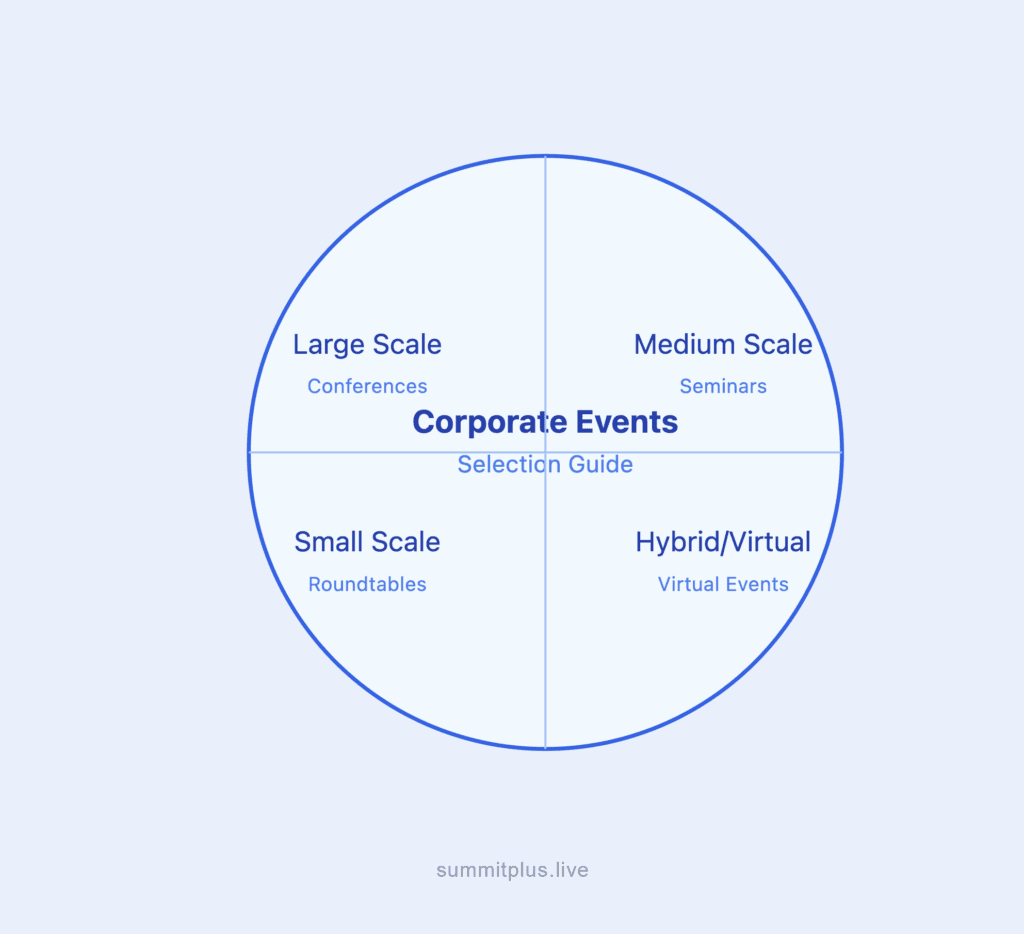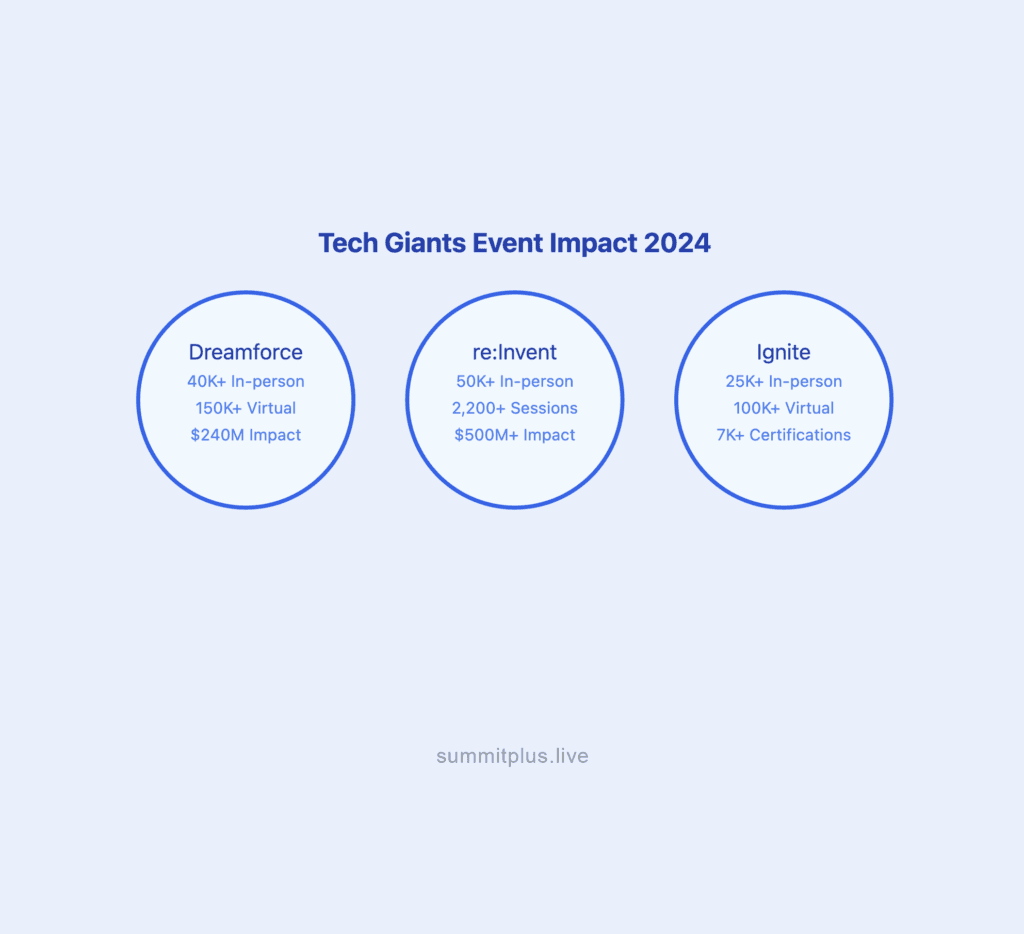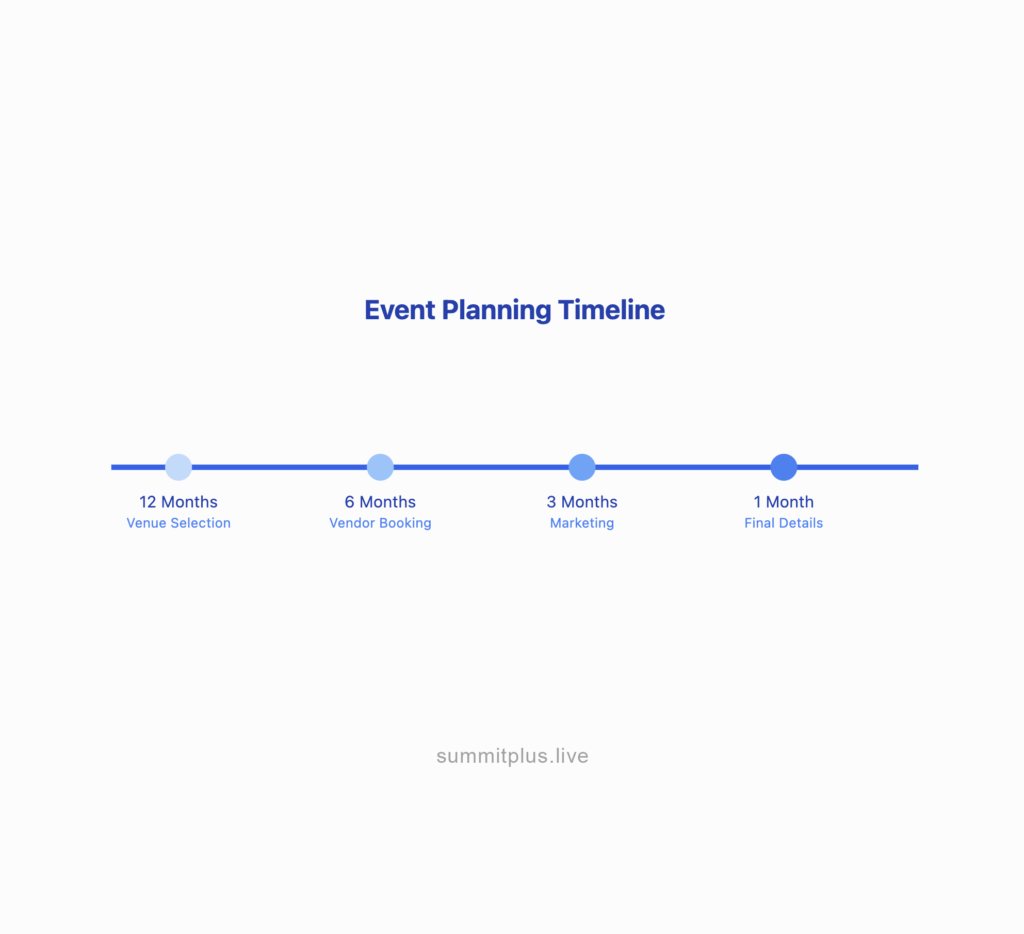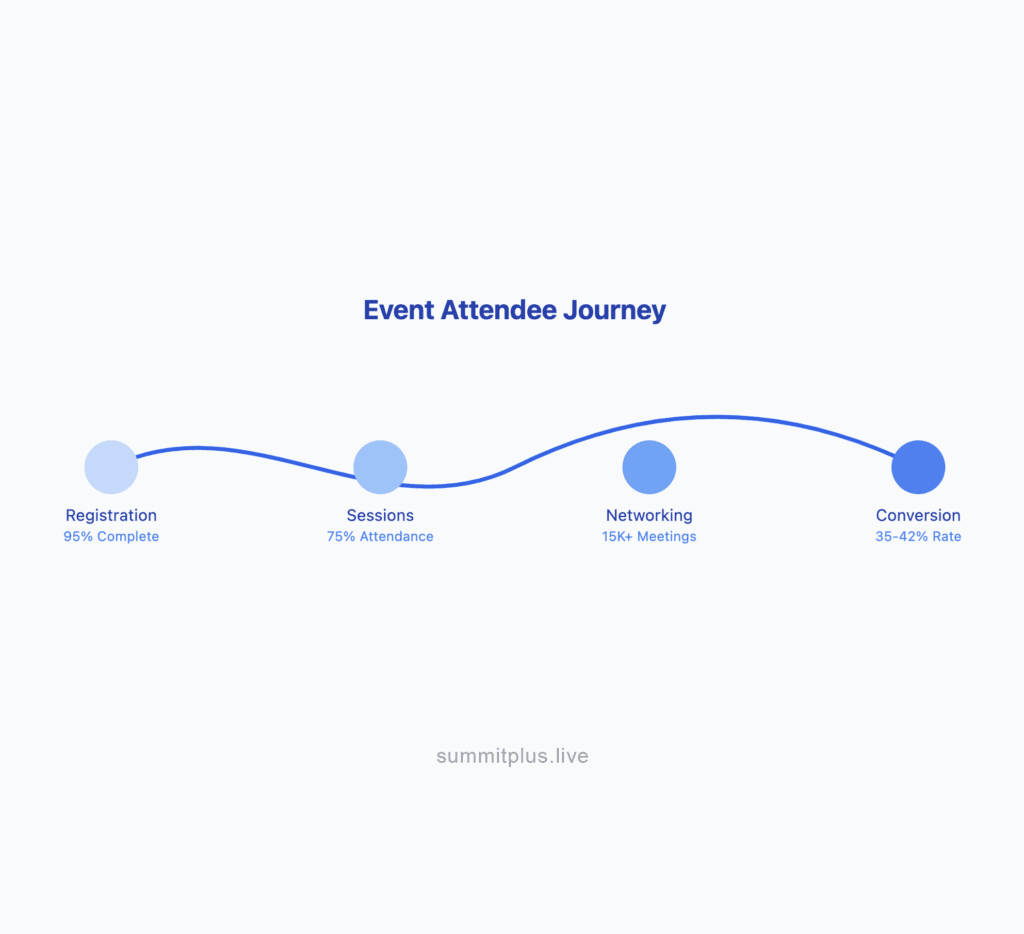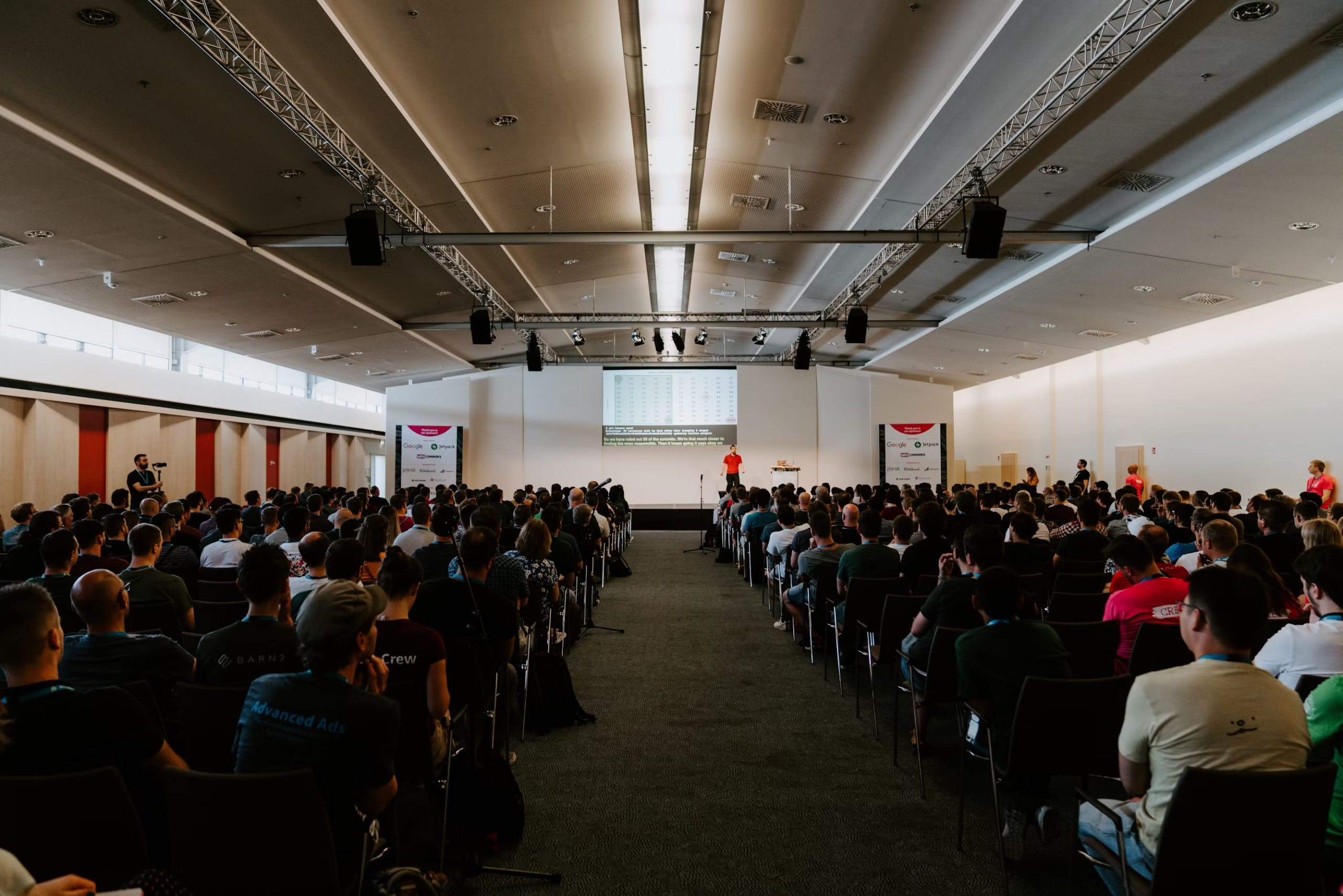Table of Contents
Introduction
Event budget planning is the backbone of any successful event. Whether you’re organizing a corporate conference, a trade show, or a networking event, managing your budget efficiently can determine whether your event thrives or fails.
Many event planners struggle with unexpected costs, budget overruns, and tracking expenses manually using outdated spreadsheets. Fortunately, modern AI tools and automation solutions can eliminate human errors, predict costs, and optimize spending in real time.
In this guide, we’ll explore how to move from traditional spreadsheets to AI-powered budgeting tools, helping you save money, maximize your ROI, and ensure financial success.
Why Event Budget Planning Matters
Budgeting is more than just crunching numbers—it’s about controlling costs, avoiding surprises, and ensuring profitability.
Key Benefits of Effective Budgeting:
✅ Prevents Overspending: Helps keep costs within limits.
✅ Optimizes Resource Allocation: Ensures funds are spent on what matters most.
✅ Improves ROI for Sponsors & Exhibitors: Makes sponsorship deals more attractive.
✅ Reduces Last-Minute Financial Stress: Avoids unexpected financial pitfalls.
🚨 The Problem: Many event planners still rely on static Excel sheets or manual calculations, which can lead to errors, hidden costs, and inaccurate forecasting.
💡 The Solution: Switching to AI-powered budgeting tools can automate expense tracking, predict financial risks, and offer real-time cost adjustments.
Traditional Spreadsheets vs. AI-Powered Budgeting Tools
| Feature | Spreadsheets (Excel, Google Sheets) | AI-Powered Budgeting Tools |
|---|
| Cost Tracking | Manual entry, prone to errors | Automated tracking & real-time updates |
| Forecasting | Static formulas, no predictive insights | AI-powered cost forecasting & recommendations |
| Collaboration | Limited to shared files | Cloud-based, real-time multi-user access |
| Hidden Costs | Hard to track unexpected expenses | AI auto-detects cost discrepancies |
| Time Efficiency | Time-consuming updates | Instant budget adjustments |
Best AI Tools for Event Budgeting
✅ Notion – AI-powered task & budget tracking
✅ Cvent – End-to-end event cost management
✅ Zoho Projects – Budget forecasting & automated reporting
✅ Expensify – AI-based expense tracking
📌 Pro Tip: Use AI tools to track spending in real-time and get instant alerts if you’re about to exceed your budget!
How to Create a Winning Event Budget (Step-by-Step Guide)
✅ Step 1: Set Your Total Budget
- Define fixed (venue, catering, staffing) vs. variable (marketing, sponsorship, tech) expenses.
- Consider sponsorships, ticket sales, and fundraising revenue.
✅ Step 2: Identify Cost-Saving Opportunities
- Negotiate vendor discounts and opt for package deals.
- Use free AI tools for social media marketing design, writing, copy-write auto post etc instead of paid ads.
✅ Step 3: Leverage AI for Forecasting & Expense Tracking
- AI tools like Expensify or Cvent predict financial risks & suggest optimizations.
- AI-based reporting prevents overspending & missed payments.
✅ Step 4: Monitor & Adjust Budget in Real Time
- Use automated alerts to detect budget deviations.
- AI-generated reports help justify expenses to stakeholders.
📥 Free Resource: Download our customizable Event Budget Template!
Hidden Event Costs to Watch Out For
Even the most detailed budget can fail if you overlook hidden expenses.
🚨 Common Hidden Costs:
❌ Venue cancellation fees – Read contracts carefully.
❌ Permit & insurance costs – Ensure compliance with local regulations.
❌ Tech-related expenses – Wi-Fi, streaming services, software add-ons.
❌ Marketing overspend – Social media ads and last-minute promotions.
📌 Pro Tip: Use AI tools like Cvent or Expensify to track unforeseen expenses automatically.
How Sponsors & Exhibitors Can Optimize Their Event Budgets
Sponsors and exhibitors need cost-effective event strategies to maximize their ROI.
Budget-Friendly Sponsorship Tactics
✔ Tiered Sponsorship Packages: Offer flexible options for different budgets.
✔ AI-Driven Audience Targeting: Maximize brand exposure to the right audience.
✔ Digital Sponsorships: Reduce booth costs by offering virtual brand placements.
Affiliate/Monetization Opportunity:
📌 Promote sponsorship platforms like Sponseasy or Weemss to earn referral commissions.
How AI & Automation Can Optimize Event Budgeting
AI can revolutionize event budgeting by automating complex financial processes.
Top AI Budgeting Features for Events:
🚀 Real-Time Cost Adjustments – AI automatically balances expenses.
📊 Predictive Analytics for Revenue Forecasting – AI tools estimate ticket sales.
🔎 Fraud Detection & Expense Tracking – AI spots suspicious transactions.
Recommended AI Tools:
✔ ChatGPT (for event cost estimation)
✔ Trello AI (for budget tracking & reminders)
✔ Cvent Budgeting AI (for detailed expense reports)
FAQs
Q1: What is the best free event budgeting tool?
- Google Sheets with AI plugins for basic budgeting.
- Cvent for professional budget tracking.
Q2: How do I estimate event costs accurately?
- Use AI forecasting tools and historical expense reports.
- Compare past event budgets to predict future costs.
Q3: What are the biggest budgeting mistakes in event planning?
❌ Not accounting for hidden costs
❌ Poor revenue forecasting
❌ Over-reliance on manual calculations
Q4: Can AI really help reduce event costs?
✔ Yes! AI automates expense tracking, cost prediction, and vendor negotiations, saving thousands of dollars.
Conclusion: From Budget Planning to Event Success
A well-planned budget ensures profitability, reduces financial risks, and maximizes ROI for event organizers and sponsors.
By transitioning from static spreadsheets to AI-driven tools, event planners can optimize costs, predict financial risks, and improve efficiency.



